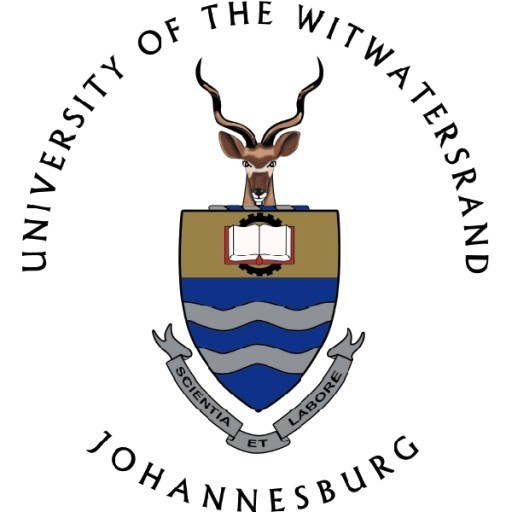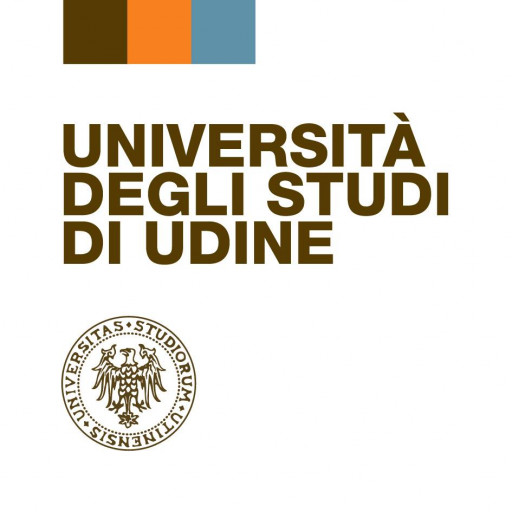Photos of university / #dukeuniversity
The M.A. Analytical Political Economy (MAPE) degree is a joint master’s program of the Departments of Economics and Political Science, necessitated by a growing interest in political economy and political science among young economists. These fields are converging, and policy economics — particularly macroeconomic and international trade policy — increasingly includes a strong political component. Political economy examines the reciprocal relationships between politics and markets, both within and among countries, using a variety of analytical tools, including those of economics. Its concerns include interactions among economic and political development; cooperation and conflict among nations, groups, and individuals; the distribution of material resources and political power; the effects of political actors and institutions on economic outcomes; the causes and consequences of technological and structural change, growth, and globalization; and regulation.
The MAPE program offers a quantitatively rigorous curriculum rooted in economic and political theory, application, and analysis. Students have the opportunity to gain experience with economic and mathematical modeling along with a deep understanding of how and why policies are developed and implemented. Prospective students will find an undergraduate background in economics, political science, and statistics to be helpful. The program is designed to train and develop economic, mathematical, and statistical skills linked to political economy and related areas to prepare graduates for Ph.D. studies or related professions.
30 credits in graduate economics and political science courses
- At least 12 credits in Economics, with no more than 6 credits from any one of following the three sub-fields:
- Microeconomics
- ECON 601 Microeconomics
- ECON 605 Advanced Microeconomic Analysis
- ECON 701 Microeconomic Analysis I
- ECON 705 Microeconomic Analysis II
- Macroeconomics
- ECON 602 Macroeconomic Theory
- ECON 606 Advanced Macroeconomics II
- ECON 652 Economic Growth
- ECON 656S International Monetary Economics
- ECON 702 Macroeconomic Analysis I
- ECON 706 Macroeconomic Analysis II
- Econometrics
- ECON 608 Introduction to Econometrics
- ECON 612 Time Series Econometrics
- ECON 613 Applied Econometrics in Microeconomics
- ECON 703 Econometrics I
- ECON 707 Econometrics II
- Or approved substitutes.
- Microeconomics
-
At least 12 credits in Political Science (500-level or higher)
- POLSCI 522S Comparative Party Politics
- POLSCI 632 Computational Political Economy
- POLSCI 644S The Political Economy of Inequality
- POLSCI 645S Political Economy of Growth, Stabilization, and Distribution
- POLSCI 646S The Politics of European Integration
- POLSCI 705S Political Economy of Macroeconomics
- POLSCI 715 Core in Political Institutions
- POLSCI 730 Formal Modeling in Political Science (C-E)
- POLSCI 745 Core in Political Economy
- POLSCI 762 The Political Economy of Institutions
- 6 or more credits in Independent Study/Research with at least one faculty member from each department (either two 3-credit studies with a faculty mentor from each department or a 6-credit study jointly mentored)
One or more of the following courses may be required, as needed:
- ESL courses
- COMPSCI 590 Numerical Methods for Economists
- ECON 590 Computer Modeling for Policy Analysis
- MATH 202 Multivariate Calculus for Economists
- MATH 216 Linear Algebra/Differential Equations
- MATH 431 Advanced Calculus
- STA 230 Probability
- STA 250 Statistics
- STA 611 Probability and Statistics
- STA 601 Bayesian Statistics
- Transcripts
- Letters of recommendation
- Statement of purpose
- Resume
- GRE scores
- English language proficiency test scores (if English is not your first language)
- GPA
- The application fee is $85










